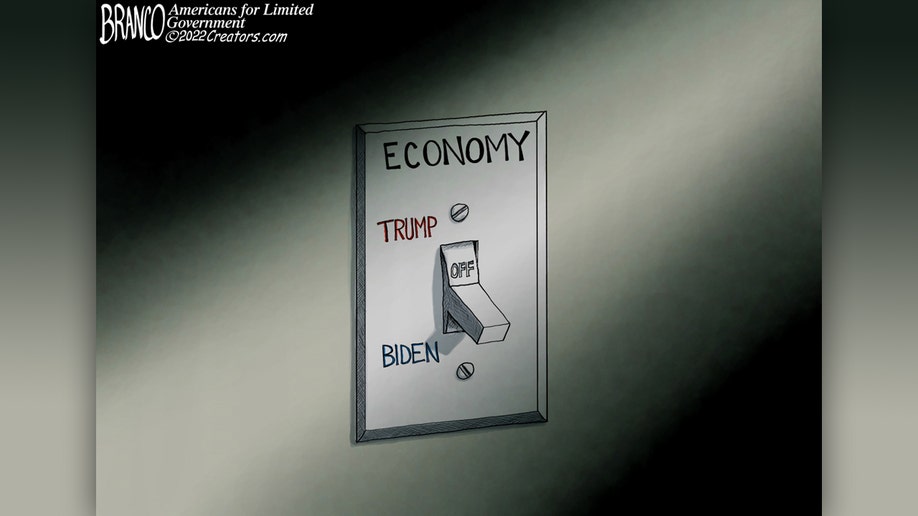skews13
Diamond Member
- Mar 18, 2017
- 9,433
- 11,855
- 2,265
Yeah, quite a bit more than was forecast. Fox News was all giddy this morning, forecasting a lot less.
Nice. Lots of work to do yet, supply chains are still snarled, but nice.
Yep, with Aprils numbers revised up. Along with wages up 5.2% for the year so far.
- Nonfarm payrolls increase 390,000 in May
- Unemployment rate steady at 3.6%; participation rate up
- Average hourly earnings rise 0.3%; up 5.2% year-on-year
Now it’s time to put CEOs in jail for price gouging, and enact 90% windfall profits ax on their profits for the last year, and give it back to American consumers.




